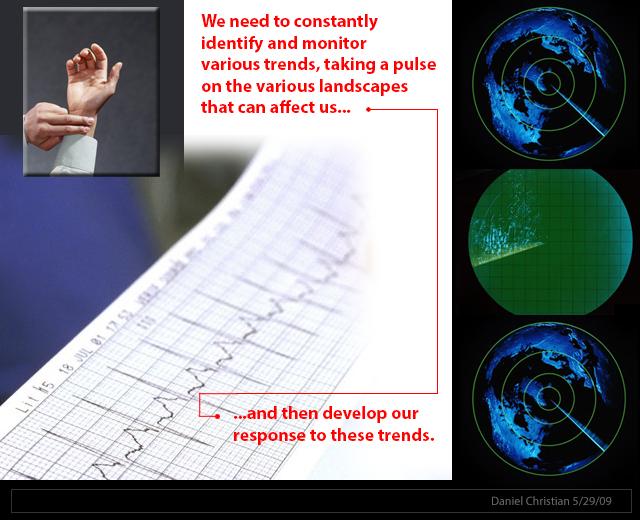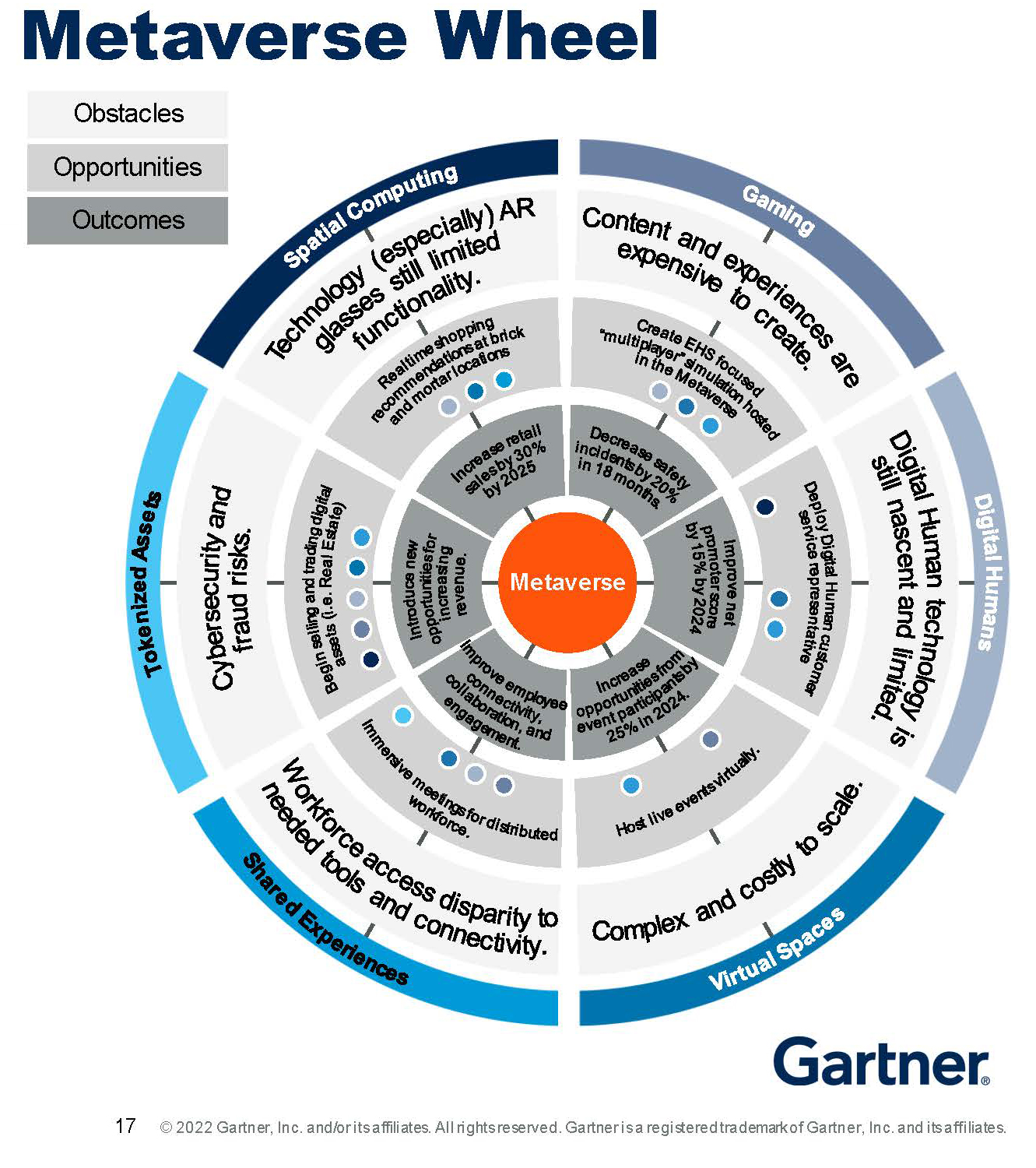The Law Of The Metaverse — from forbes.com by Charles Lew
Excerpts:
As the metaverse becomes a fully realized, interoperable and persistent platform, the need for a codified and clearly defined system of applicable laws will be tremendous.
…
The applicability and sufficiency of existing intellectual property laws are being tested as we speak in the metaverse. Heavyweight companies such as Walmart, Hermès, Nike and Roblox are all actively seeking judicial determinations as to their respective trademark rights in the metaverse.
Also relevant/see:
Virtual rights for virtual goods? — from lexology.com
Excerpt:
Why does this matter to you?
If you buy a music album and receive a digital file, is this a purchase of digital goods? What if you listen to the same album on a streaming service? If you buy virtual sneakers for your metaverse avatar, is this a purchase of digital goods or just a part of the service provided by the metaverse operator? As purchasing habits increasingly move online or into the digital space, and especially with the rise in popularity of “metaverses”, the need for clarity and regulation in this area will become more and more apparent.
Brick by Brick: Understanding IP Rights in Metaverse Buildings — from mayerbrown.com
Building a virtual world often involves just that—buildings. But developers of metaverse properties may not know which legal rights are at issue. Can a virtual world incorporate a rendition of a real-life building without infringing on the rights of real-life property owners? Does the architect, owner, or user of a brick-and-mortar building have any rights to assert against a twin building in the metaverse? How does the developer of a virtual building take the building from one virtual world to another?
The answer depends on—and may vary based on—who is asserting the rights, whether copyrights or trademarks are at issue, and whether any of these rights have been assigned to another party.
…
These questions all remain unsettled in the context of the metaverse, so developers should proceed with caution until courts put their own stake in the ground on these issues.
Also relevant/see:
- Follow these 15 people if you want to understand the metaverse — from nexxworks.com by Laurence Van Elegem
If you don’t really understand what the metaverse is, no need to feel bad. It is still taking shape and very few agree on what it really is.










/2022/08/22/image/png/wSxqwE19L3sKdFwuPdKfsfzJ5ixmzUJWXJ8Ox6Ir.png)


